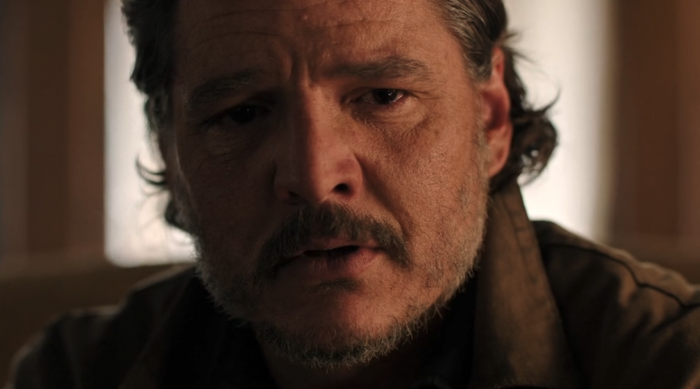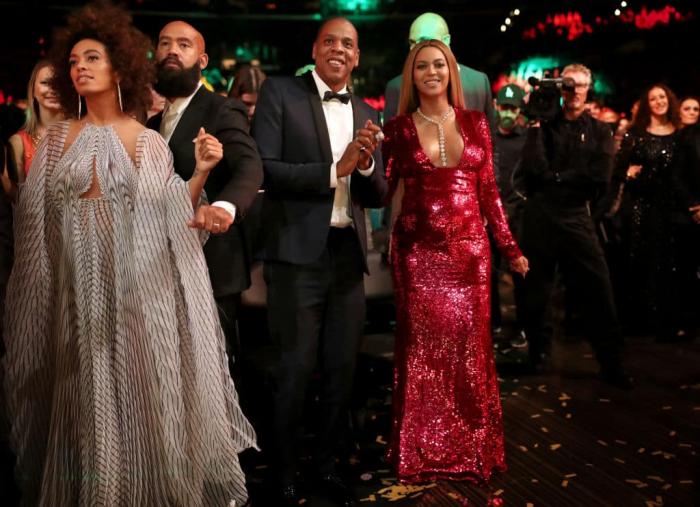
Hannah Berner Says All Women Are Comedians
By Emma Chance | Celebrity | July 16, 2024

Hannah Berner, the comedian behind Netflix’s current hottest stand-up special, We Ride at Dawn, knows she’s controversial. In fact, she wants to be.
“[My voice] is very, ‘you’re at brunch, and you’re trying to make fun of everything.’ That’s all I know. I wasn’t trying to fit into a particular mold of stand-up. I have still definitely been inspired by other stand-ups—I grew up watching Chelsea Lately—but I definitely want my comedy to feel very controversial,” she told The Hollywood Reporter.
She describes her journey to stand-up comedy—she was on Bravo and then became a bit of a TikTok sensation—as “circuitous.”
“When you’re going up the traditional standup ladder, you have a lot more voices saying, ‘This is how you should do things.’ I’m someone who—going the traditional way where there are gatekeepers—maybe would have never been chosen. I talk about this a lot: For women in stand-up, it isn’t always easy to do that traditional route. You’re going to the Bronx or Brooklyn at 11 pm, to a bar with a bunch of drunk dudes. You can feel that maybe this isn’t for me, and has nothing to do with how funny you are. You’re just in this space [that] doesn’t feel right. I hope that people can see that you don’t have to go that traditional route, where you may feel unsafe or unwelcome.”
Loyal readers will know that I’m not Berner’s biggest fan, mainly because of her time on Summer House, where I found her to be incredibly annoying. But I appreciate this honest take, albeit nothing at all new. Women in comedy have always had to fight harder for acceptance in the boys’ club, but even the boys’ club is changing with streaming and social media. It’s a much bigger, more inclusive club now, and is largely not happening in, well, “clubs” like it used to. Younger viewers are watching at home these days rather than buying a ticket to an improv show in the basement of a bar somewhere.
Berner knows this and has capitalized on it, but she’s also playing the traditional game, still touring and playing at comedy clubs and other venues. But she’s carved out a space for herself that feels more welcoming than those bars full of drunk dudes. When she played the Wynn in Las Vegas, the security guards told her, “We’ve never in the history of this venue seen this amount of women come into the show.”
She largely attributes her success to the fact that “Women love comedy.”
“Women love complaining, we are socially intuitive, and we want to gossip, so we are all stand-up comedians. Men did not get me here. No man chose me to get here. So, why would I speak to them?”
I may not care about her jokes, but I’m always down for a sister doing it for herself.



